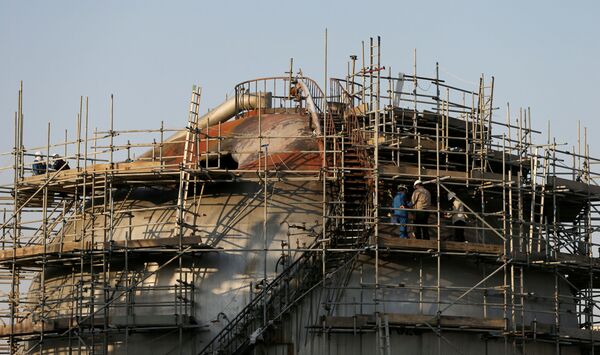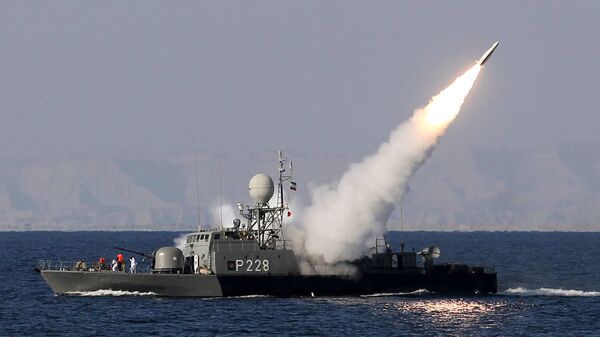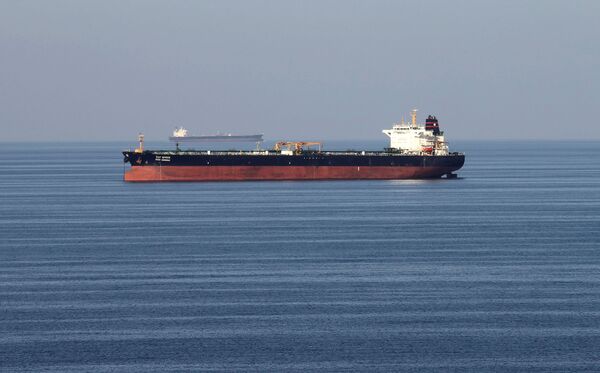The Commander of the Islamic Revolution Guards Corps (IRGC) Navy has issued a warning to foreign forces of the terrible fate that awaits them if they dare to breach Iran’s sea borders, reports Tasnim.
At a gathering of IRGC commanders on Tuesday, Rear Admiral Ali Reza Tangsiri said a “bitter fate” is in store for any country that encroaches on Iran’s sea border.
He also said that the capture of American and British forces who had entered Iran’s territorial waters in the past were only “warnings” to the forces seeking to breach the country’s maritime boundaries.
In a visit to a number of naval bases in Iran’s southern province of Hormozgan in early July, Commander of the Khatam al-Anbia Headquarters Major General Gholam Ali Rashid said the Iranian military forces were prepared to show a harsh response to any act of aggression against the country’s southern islands or a violation of its land, sea and air borders.
“We warn that the duration and extent of a war will be out of anybody's control,” the commander noted.
The Iranian general also warned the US not to make an “irreversible mistake” in its calculations.
Brewing Confrontation Between Tehran and Washington
Washington-Tehran relations soured after the US decided to unilaterally withdraw from the 2015 Joint Comprehensive Plan of Action (JCPOA), or the Iran nuclear deal, reimposing sanctions against the country.
The situation in the region has grown increasingly volatile, with a number of attacks on commercial tankers in the Gulf of Oman and Strait of Hormuz, for which the United States and its allies have blamed Iran.
Tehran has denied all accusations of involvement in the attacks.
On 20 June, in an incident that nearly resulted in an armed confrontation, the IRGC Aerospace Force shot down a US Global Hawk surveillance drone over the Strait of Hormuz, claiming it was in violation of its airspace, while Washington has insisted otherwise.
US President Donald Trump responded by ordering a military strike against IRGC radar and missile sites before reversing the decision fifteen minutes before the attack.
A new blow to the bilateral relations was dealt when drone attacks targeted Saudi Arabia’s Aramco oil facilities on 14 September.
Responsibility for the incident that resulted in a cut in oil production totalling 5.7 million barrels per day, half the country's total output, was claimed by the rebel Yemeni Houthi movement.

Nevertheless, a number of countries, including Saudi Arabia itself, the US, the UK and Germany blamed the attack on Tehran, with the Saudi Defence Ministry presenting what it described as evidence of Iran's involvement in the attacks. Iran has rejected any involvement in the strikes.
US President Donald Trump’s response to the incident has also included the introduction of more anti-Iranian sanctions.
Iranian President Hassan Rouhani claimed in a speech at the UN General Assembly in New York that the US sanctions were acts of “international piracy” and “merciless economic terrorism”.



